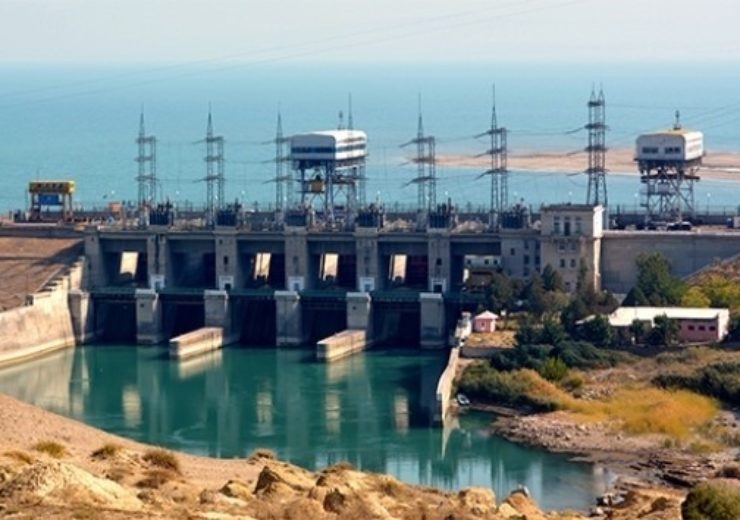The project is funded by EBRD, the European Investment Bank (EIB), the Green Climate Fund (GCF), the Climate Investment Funds’ Pilot Programme for Climate Resilience, Austria and the UK

Image: Tajikistan marks one of the most vulnerable countries to climate change. Photo: Courtesy of European Bank for Reconstruction and Development.
The European Bank for Reconstruction and Development (EBRD) has announced the start of rehabilitation work at Tajikistan’s Qairokkum hydropower plant (QHPP).
EBRD said that it has organised a $196m (£160m) financing package to help complete the climate-resilient rehabilitation of QHPP to help Tajikistan improve its electricity supply. QHPP is a 60 year old hydropower plant that provides electricity to 500,000 people.
The project is the result of an investment programme that started in 2014, with financing provided by the EBRD, the European Investment Bank (EIB), the Green Climate Fund (GCF), the Climate Investment Funds’ Pilot Programme for Climate Resilience, Austria and the UK.
The financing includes a $88m (£72m) EBRD loan, a $37m (£30m) EIB loan, a $50m (£40m) GCF loan and grant and a $21m (£17m) Climate Investment Funds loan and grant to the Barki Tojik, a state-owned power utility.
Details of modernisation project at QHPP
The modernisation project will consist of concrete dam works, installation of hydraulic steel components, turbines and electromechanical equipment for the six hydropower units.
EBRD said that the full rehabilitation is expected to increase the installed capacity of plant from 126MW to 174MW. The upgrades would also introduce innovative climate resilience measures, facilitating the plant to adjust with the expected impact of climate change on the country’s hydrological systems.
By introducing the best international practices from countries like Canada, the project will also build the capacity of the Tajik hydropower to anticipate, assess and manage climate-related risks.
EBRD, in a statement, said: “Tajikistan is one of the countries most vulnerable to climate change. Its glacial hydrology and, by extension, its hydropower sector, are highly sensitive to the impacts of climate change and the project offers a model of how carefully designed investments can make hydropower more resilient. This model can be replicated across the country and the region.”
EBRD claims that it has invested approximately €670m (£608.7m)) in various sectors of Tajikistan to date.
